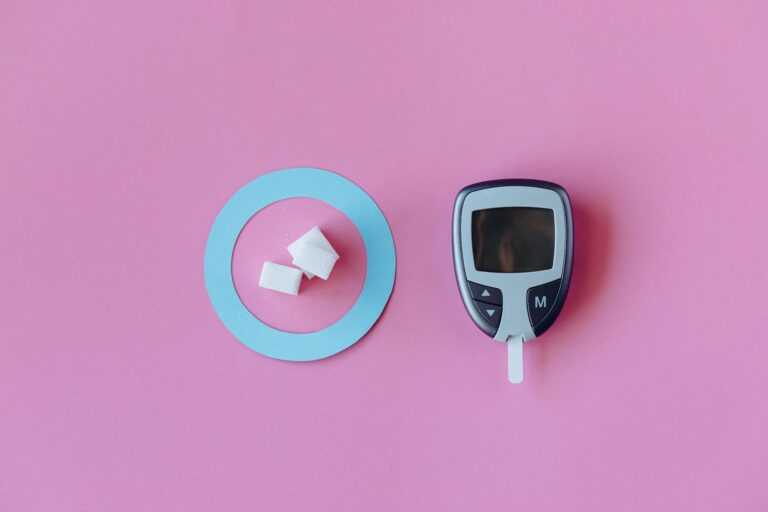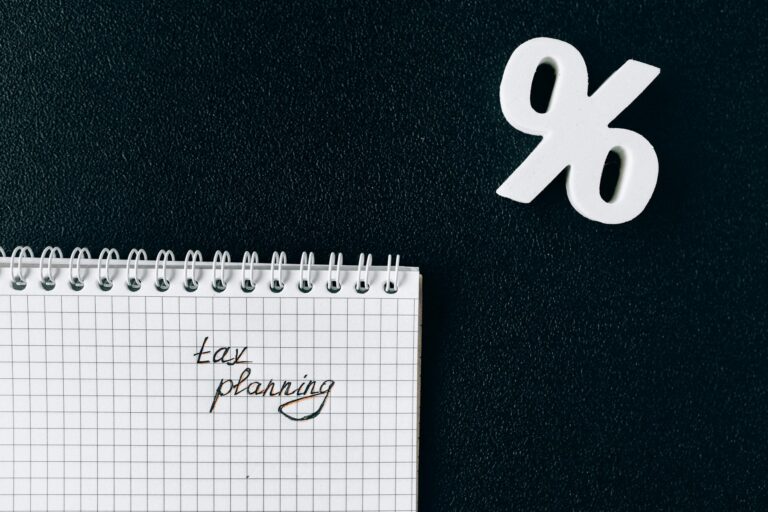Drinking alcohol is a common part of many social lives, but it’s important to understand why limiting how much you drink can make a big difference for your health and well-being.
First, drinking too much alcohol puts a serious strain on your body. Your liver works hard to process alcohol, but excessive drinking can overtax it and lead to diseases like fatty liver, hepatitis, or even cirrhosis. When the liver struggles, it affects how well your body cleanses itself from toxins. Alcohol also raises blood pressure and can cause irregular heartbeats or weaken the heart muscle over time. This increases the risk of heart disease and heart attacks—even moderate levels of drinking might carry some risk here.
Your immune system doesn’t escape unscathed either. Drinking heavily weakens your body’s defenses against infections and slows down recovery from illness or injury. Even one night of heavy drinking can leave you more vulnerable for up to 24 hours afterward.
One of the most concerning effects is on the brain. Long-term heavy drinking shrinks parts of the brain responsible for memory, decision-making, learning, and social behavior. This damage often happens quietly at first—you might forget names more easily or have mood swings without realizing why—but it adds up over time.
Alcohol also increases cancer risks significantly. Drinking three or more alcoholic drinks daily has been linked with higher chances of developing cancers such as stomach and pancreatic cancer among others.
Beyond physical health risks, excessive alcohol intake impacts mental health by worsening stress responses and sometimes leading people into patterns that are hard to break as they age.
Cutting back on alcohol before serious damage sets in may help reverse some harm—especially if done earlier in life—and adopting moderate limits helps protect both mind and body from these dangers.
Limiting how much you drink isn’t about giving up enjoyment; it’s about making choices that keep you healthier longer so you can fully enjoy life without paying a high price later on.





